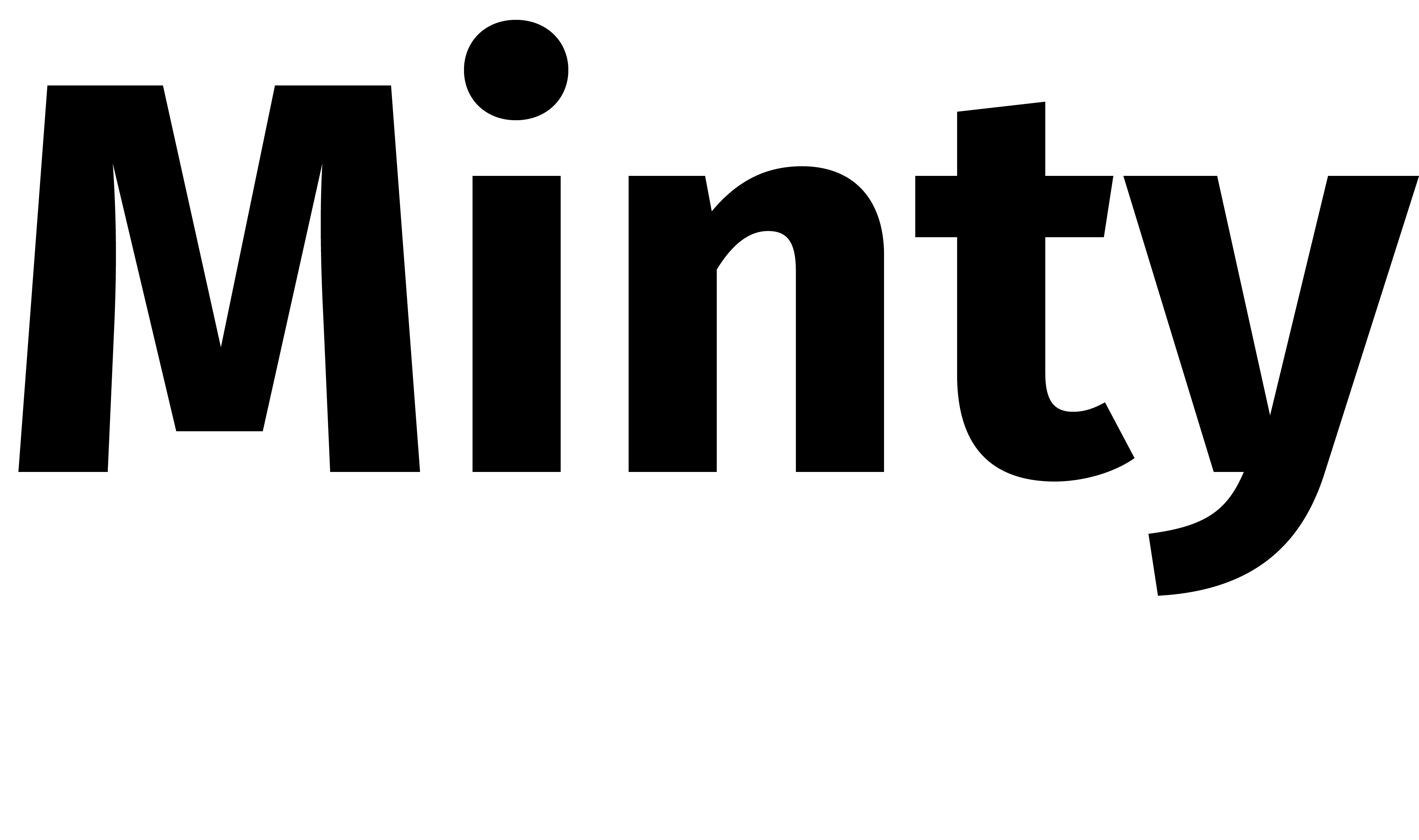When you buy a house in California, you basically have to learn a whole new language. Between figuring things out with your mortgage lender and navigating the results of the home inspection, you’re probably googling words left and right. It’s important to protect yourself during this major transaction. And that’s why one of the words you might have to look up — escrow — is key.
What is escrow? You’ve probably heard of people getting stuck in escrow, so you might feel less than excited about the topic. But fear not! Escrow is actually super easy to understand and great for both the buyer and the seller.
What is escrow?
Let’s say Johnny wants to buy an apple from Susie. But Johnny and Susie don’t really know each other and want to make sure they both get what they expect from the deal. So they pick an impartial person off the playground. Let’s call him Timmy.
Now, to make sure everything goes down the way it should, Susie hands her apple to Timmy. Johnny gives Timmy his money. And then, and only then, Timmy gives Susie the money and Johnny the apple. In this case, Timmy is escrow. Escrow is an arrangement where you use an impartial third party to protect yourself during a transaction.
Now let’s apply it to real estate. The stakes are a little bit higher than apples, so it makes sense to take some precautions. In a real estate transaction, escrow is where the money the buyer plans to pay the seller is held until all the specifications of the deal can be worked out and the deed can be transferred.
There are escrow companies who are experts at keeping money safe and disbursing it at the exact right moment. There are even escrow officers who will help with the entire process. So escrow, while it might get a bad rap because people get tied up in it, is actually a very helpful part of the real estate process.
Escrow and earnest money
If you’re a home buyer in California, you’re probably taking the process seriously. This is where you’re going to live the next season of your life, after all! You’ve spent the time to vet the new house and you’re pretty serious about buying it. Some might even say you’re earnest. So you offer the seller a little bit of money called earnest money to show them you’re serious about buying their home.
But here’s the thing. You don’t really know this seller. Sure, they might seem nice. And, yes, you like their home. But they could be shady. It’s not a judgment. You simply don’t have a way to get to know them well enough to feel good writing them a check for thousands of dollars when they’re not giving you anything in return — yet.
So you don’t make your earnest money out to the seller directly. Instead, you put it into escrow. And it lives safely there until it’s either applied to the purchase price of the home at closing or returned to you if the deal falls through for a number of reasons.
Escrow and closing
You’ve worked out all the kinks in your transaction. Everyone’s happy with the inspection. Everyone’s agreed on a move out date. You’re ready to get this thing finished so you can either move into your new home or get a check from your buyers. And this is where escrow really shines.
We’re talking about a lot of money here. Houses aren’t cheap! Using escrow protects everyone involved while this large sum of money changes hands. Before closing, the buyer will put the purchase price amount into escrow. It will sit safely there while the final paperwork is completed and the deed is recorded. Then, and only then, will the escrow company pay that amount to the seller.
You hear about people getting tied up in escrow because closing isn’t always smooth sailing. Last minute issues arise and these can be frustrating for all parties involved. But, even then, you’ll be glad you’ve arranged escrow. Why? Escrow protects the buyer because it ensures the seller doesn’t run off with their money, house deed still in hand. At the same time, it protects the seller from handing over their deed in exchange for a check that won’t clear.











Comentarios